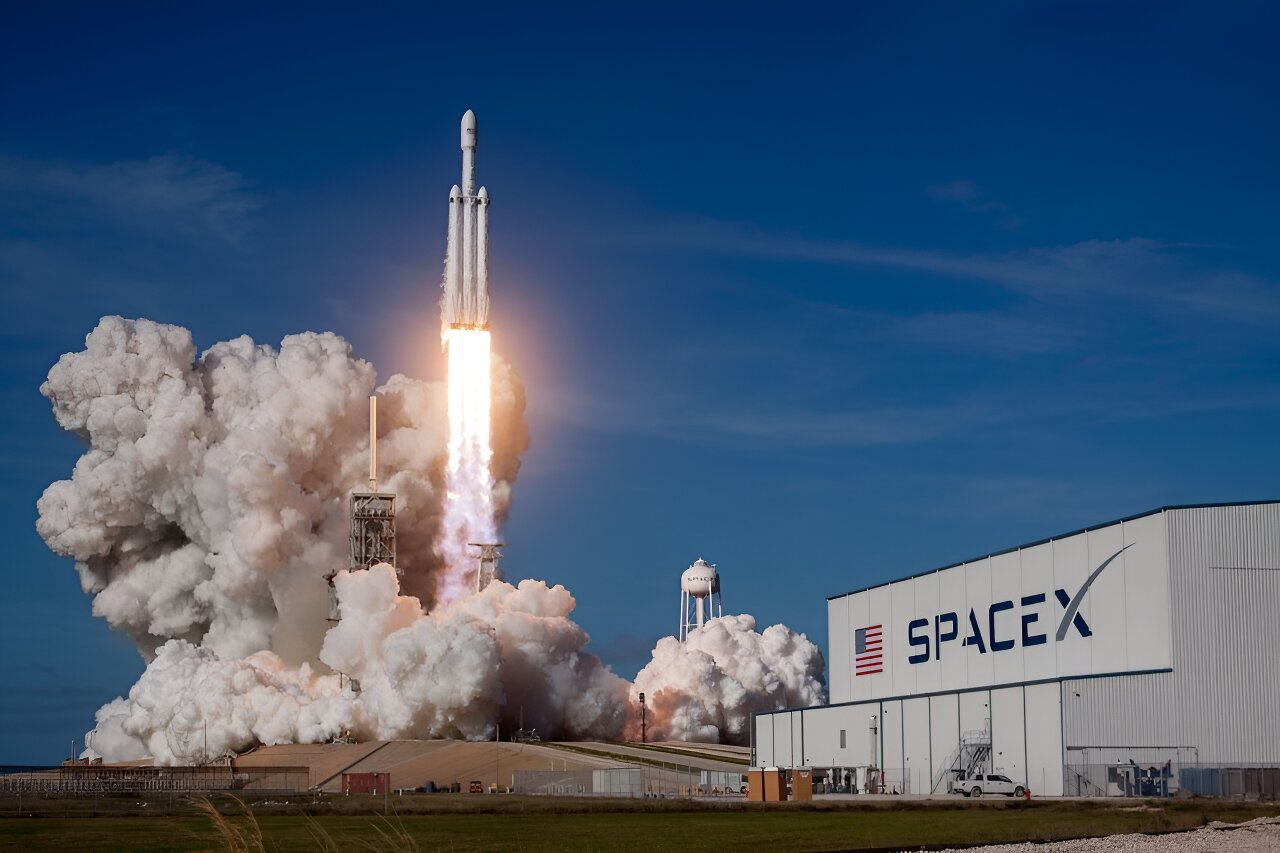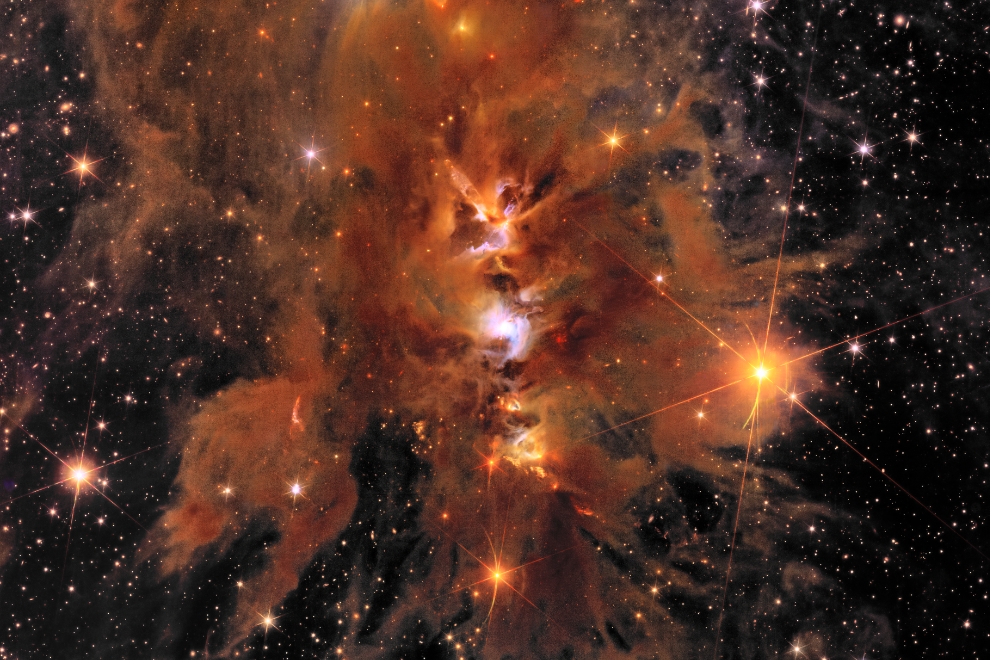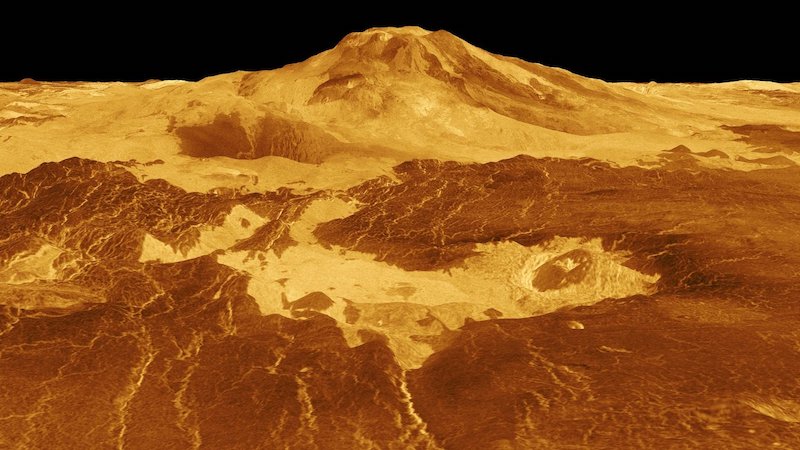Credit: Unsplash/CC0 Public Domain
Over the past decade, a new form of skepticism about human activities in space has emerged. It seems to be based exclusively in the western world, and centered around the idea that increasingly ambitious space plans will damage humanity and neglect the Earth.
In China, things are different, but this will likely change eventually. Our best data, a survey published in 2020 by Lincoln Hines, shows remarkably high levels of support for space programs in China. This is in spite of the costs, the occasional debris falling from the sky and memory of the deadly Xichang Disaster in 1996 when a Long March 3B heavy carrier crashed into a nearby residential complex.
So what does all this mean for the future of space exploration?
Western skepticism about human activities in outer space isn’t actually new. There were space skeptics before there were even astronauts. In January 1920, the New York Times ridiculed the pioneer rocket scientist Robert H. Goddard for not “realizing” that rockets would have nothing to push against in space and would therefore be immobile.
Once there were astronauts, new predictions of failure emerged. As soon as the existence of the Van Allen radiation belts was confirmed in 1958, skeptics argued these areas of radiation would kill anyone foolish enough to fly to the moon. This is a claim still repeated by conspiracy theorists who deny the moon landings.
There were also political concerns. Civil rights protesters demonstrated at the gates of the launch site for Apollo 11 in 1969, because the funds could have gone to tackle poverty in the inner cities. The African-American civil rights activist Malcolm X also dismissed the attitude of black supporters of the space program during his own down to Earth speech in 1963.
Environmental concern
Things are seriously heating up now though. The new era of space skepticism is at its core anti-elite. This is hardly surprising given a widespread cost-of-living crisis, and the fact that billionaires such as Elon Musk and Jeff Bezos are among those most vocal about the benefits of exploring, mining and colonizing space. Musk’s decision to launch a Tesla roadster to space was met with criticism from many people, including scientists.
There are other concerns too. Many scientists are worried about a rising amount of satellites and space debris blocking the sky, and that sending objects to space that could contaminate alien worlds.
There are also concerns about the environmental impact of focusing so much attention away from our own world. In 2021, Greta Thunberg and the environmentalist group Fridays for Future published a mock advert (see below) in which they recommended that “the 1%” move to “Mars, an untainted planet.” This was followed the words “For the 99% who will stay on Earth, we’d better fix climate change.”
The advert conveyed a sense that the billionaire elite have no special attachment to our shared planet.
Academic scholars have also raised concerns. The book Dark Skies by political scientist Daniel Deudney argued for a centuries-long postponement of space ambitions. And the philosopher Bruno Latour’s more populist analysis Down to Earth says we need to learn new ways to inhabit the Earth and to focus our attention here.
Indigenous concerns
This new space skepticism movement also aspires to link up with the cause of indigenous peoples. In January 2024, there were protests from the Navajo nation about landing human remains on the moon as part of the Peregrine mission, a place they consider sacred.
Their argument is increasingly being supported by space skeptics and others. Linda Billings, a Nasa consultant who is rare among space insiders for her opposition view that space expansion is neoliberal ideology, believes that the Peregrine incident is part of a broader pattern: most space activities benefit the few and are not a “benefit to humanity.”
There is already a pattern of dissent at many launch sites, such as the European Space Agency’s site in “French Guiana, which was subject to a blockade by protesters in 2017 concerned about wage issues, privatization and the French government’s behavior in general.
In Europe, in 2021, indigenous Sami reindeer herders in Sweden protested against the launch of a balloon linked to a US-led project for climate manipulation. The launch site of Esrange near Kiruna is an area of important resources for the Sami reindeer herders who pass through it, periodically taking shelter when the launch siren goes off.
Accidents can and do happen. In April 2023, a rocket due to land in Sweden crashed down in the mountains of Norway.
So far, indigenous complaints remain focused upon particular issues, rather than being critical of space expansion per se. And overall, indigenous attitudes towards space are varied and not uniformly hostile. But a rising number of problems could easily encourage a broader skepticism across indigenous communities.
It seems it will be hard to stop space expansion though. In the Peregrine case, even a last-minute meeting at the White House failed to convince Nasa. The launch went ahead, but then failed due to propellant leak and was eventually redirected back to Earth.
Going forward, individual missions might be delayed for one reason or another, but expansion will still occur. However, even if it fails in its primary goal, the spread of skepticism could still result in a deepening polarization of attitudes about space. At some point, it almost certainly will feed into the main lines of political dissent.
Ultimately, an increasing minority of people see space expansion as an elite pastime. They also see indigenous unease as an indication that we can either care for the Earth or look towards space—but not both. This zero sum game of attending to either Earth or to space has a simplicity that is appealing to many. But it is a false dilemma.
Much of what we know about global warming is the result of linking up research from space with research on Earth. For example, Venus has suffered its own catastrophic climate change. And the cosmologies of many indigenous peoples paint an integrated view of Earth and space.
We need this. A return to a less isolated view of Earth, coupled with advances in science and technology for the good of humankind. Some people who are super rich may also become richer in the process, but this has been an inconvenient side effect of almost all human progress from improved health care through to civil rights, mobile phones and the internet. Harming ourselves in order to spite elites is not a recipe for a better world. Expansion into space is no different, even if it offers a unique opportunity to apply lessons from Earth to find sustainable ways of exploring space that are respectful to our planet and our people—as well as to alien worlds.
Provided by
The Conversation
This article is republished from The Conversation under a Creative Commons license. Read the original article.
Citation:
Welcome to the age of space skepticism—and a growing revolt against elites (2024, June 6)
retrieved 6 June 2024
from https://phys.org/news/2024-06-age-space-skepticism-revolt-elites.html
This document is subject to copyright. Apart from any fair dealing for the purpose of private study or research, no
part may be reproduced without the written permission. The content is provided for information purposes only.




